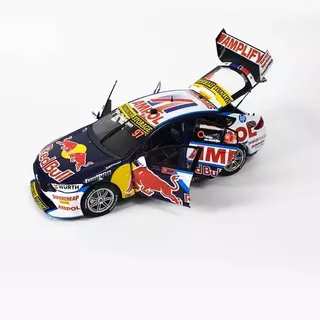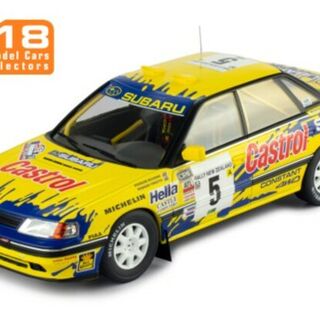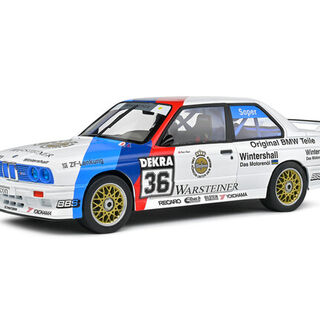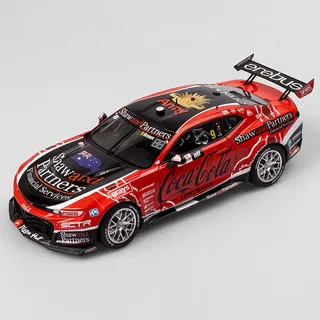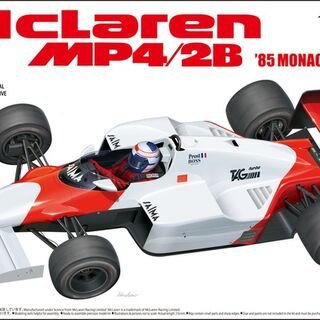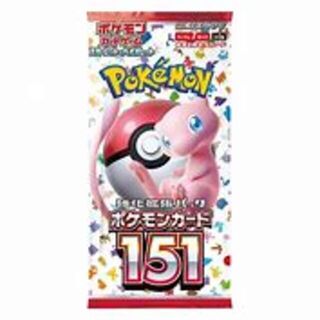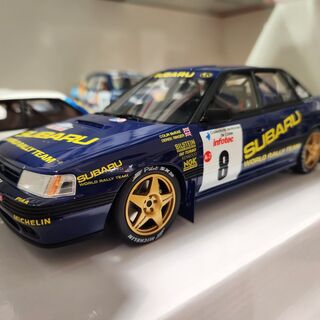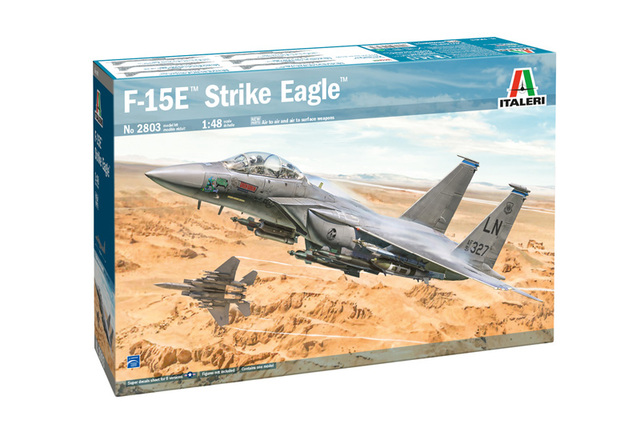- Home
- Our Products
- On Sale Items
- Pre-Orders
- Hot Wheels
- Hot Wheels Japanese Makes and Models
- Hot Wheels Boulevard
- Car Culture
- Car Culture 2-Packs
- Car Culture: Team Transport
- Hot Wheels Premium Pop Culture
- Hot Wheels Fast & Furious
- Hot Wheels Replica Entertainment
- Hot Wheels Premium Collector Sets
- Hot Wheels Premium DC Comics
- Hot Wheels Star Wars
- Hot Wheels Factory 500
- Hot Wheels Mainline
- Hot Wheels Silver Series
- HW 5-packs
- Mattel Disney
- Hotwheels Forza Horizon
- Hotwheels Misc.
- Matchbox
- Diecast Models
- Funko Pop Vinyls
- Iconic Action Figurines
- Display Cases
- Radio Control
- Scalextric
- Kitsets
- Paints & Brushes
- Glues, Fillers & Tools
- Trains and accessories
- Scenery and Diorama
- Trading/Collectible Cards
- Pokemon Cards
- One Piece Cards
- UniVersus Cards
- Football Cards
- Basketball Cards
- Motorsport Cards
- Rugby League Cards
- Baseball Cards
- Cricket Trading Cards
- Other Sports Trading Cards
- Marvel Studios Cards
- Star Wars
- Star Trek Trading Cards
- Disney Trading Cards
- Other Movie Trading cards
- Collectors Albums, Shields, Stands, Miscellaneous
- Comics
- Jigsaw & Boardgames
- Prints & Posters
- Toys
- Books
- Dings & Dents
- News
- Blog
- T&C
- Contact Us
- Login
Search
F-15E Strike Eagle - Italeri 1/48
The McDonnell Douglas F-15 Eagle design was initiated in the 1970s to equip the United States Air Force fighter squadrons with an advanced and high-performance jet fighter. The effective and robust aerodynamically design lay-out led to production of the two-seat 'all-weather' F-15E Strike Eagle fighter-bomber. Entering into service with the USAF in the late 1980s and replacing the outdated F-111, its operational roles included ground attack, bombing and interdiction missions. It retained the flight design characteristics of the original F-15 such as the two tail drifts, sturdy mid-wing and tandem two-seater cabin, in the rear of which was the Weapon Systems Officer. From this position the officer selected the aircraft's route management, target tracking and electronic countermeasures. The F15-E was deployed to numerous operational theaters such as the Desert Shield and Desert Storm campaigns of the early 1990s.
This is an injection-plastic jet aircraft model kit.
Paints and glue sold separately.
This is an injection-plastic jet aircraft model kit.
Paints and glue sold separately.
View your shopping basket or Browse other items in Aircraft Kitsets.
Other products you might be interested in
|
© Copyright Scale Hobbies Ltd
- Site map
|

